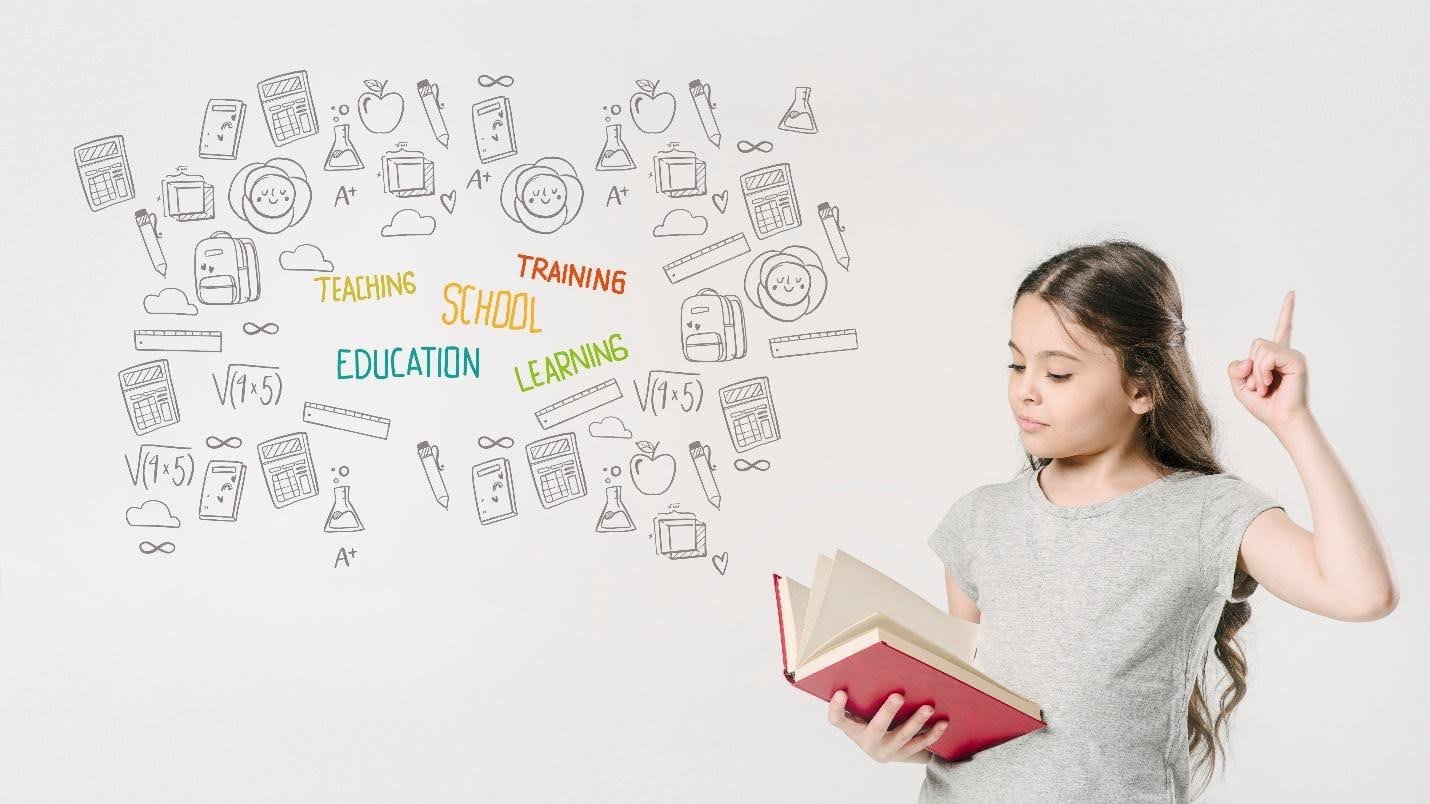Is Education Better Than Money? A Deeper Look into What Truly Pays Off
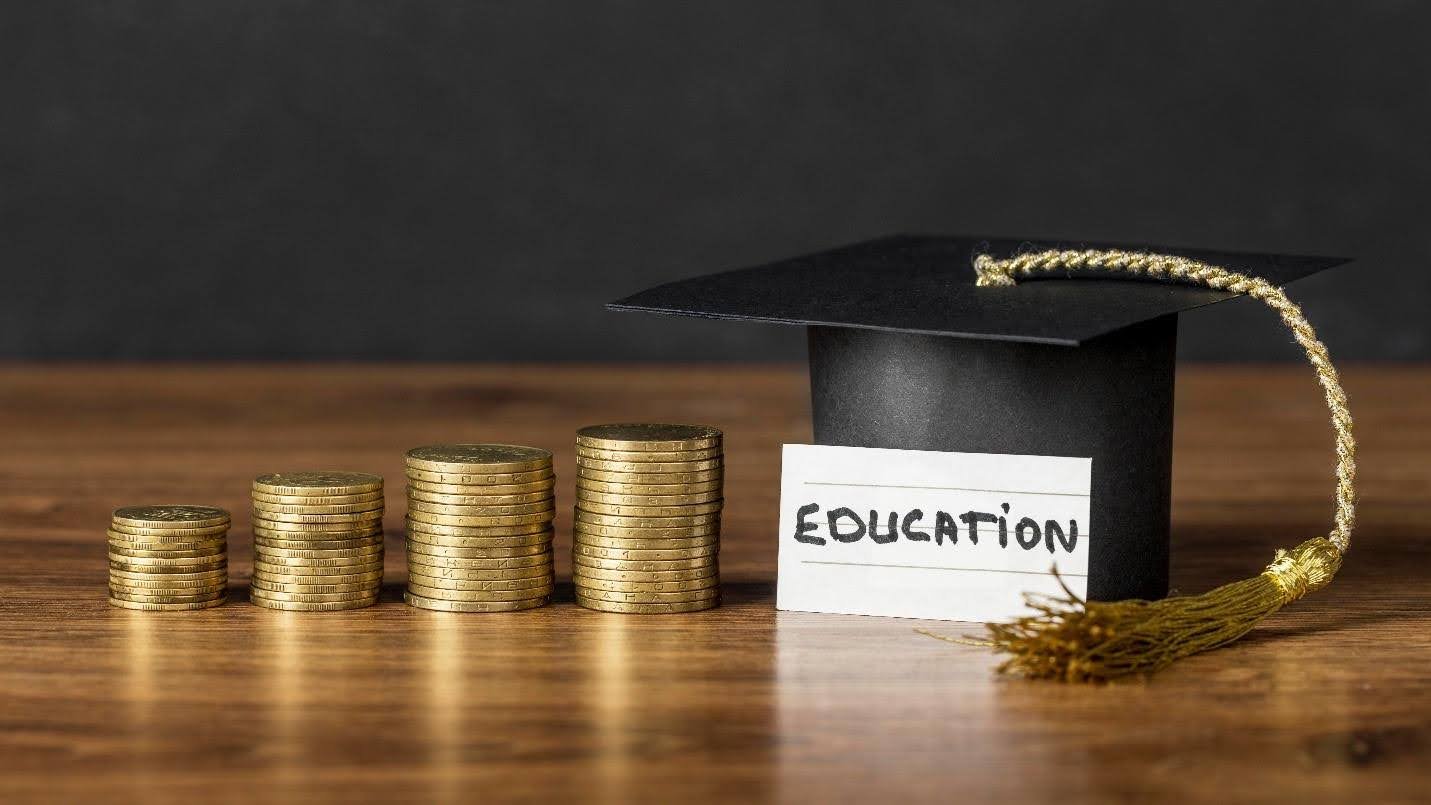
In a world driven by success and survival, one question continues to stir discussion: Is education better than money? While money provides immediate security and access to resources, education offers knowledge, perspective, and opportunity. But which one truly holds more power in shaping a fulfilling and impactful life?
Table of Contents
ToggleLet’s explore the value of education and money through various lenses — social, personal, and global — and determine what really pays off in the long run.
What Does Education Really Offer?
Education goes beyond academic degrees or certifications. It’s about critical thinking, emotional intelligence, communication, and life skills. A well-rounded education empowers individuals to understand the world, adapt to change, and innovate.
Key Benefits of Education:
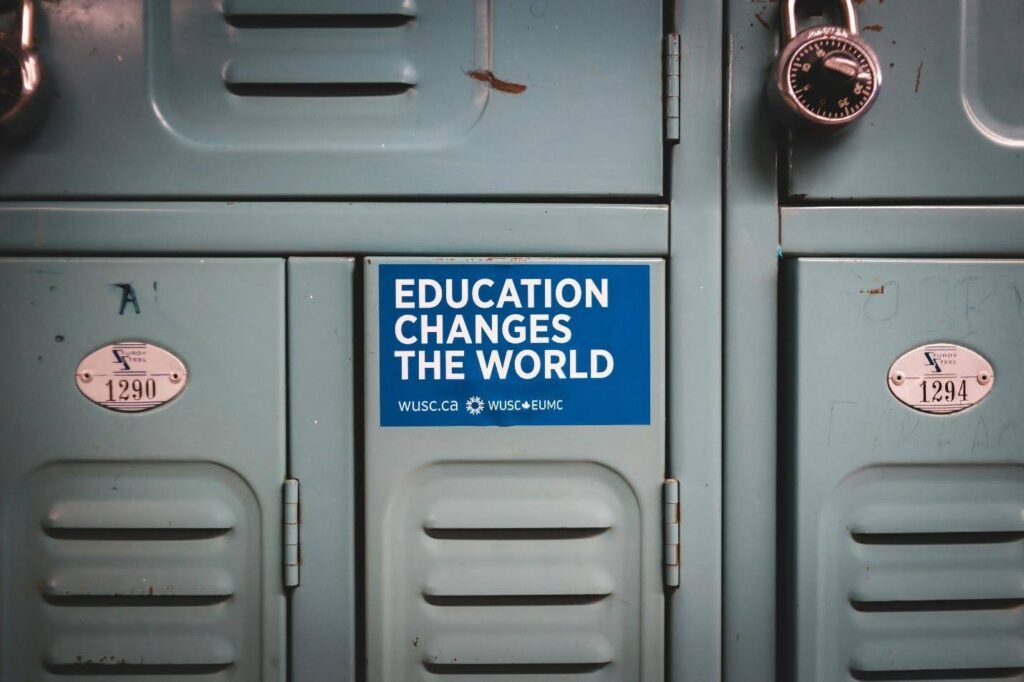
– Empowerment: Education gives people the tools to improve their lives and communities. According to UNESCO, education reduces poverty and fosters sustainable development.
– Increased Earning Potential: Data from the U.S. Bureau of Labor Statistics shows that higher educational attainment leads to higher average income.
– Social Mobility: Education provides opportunities for upward mobility, especially in developing nations.
– Better Decision-Making: Educated individuals are better at making informed choices in finances, health, and careers.
Ultimately, education is an investment in the mind and character, offering lifelong dividends.
Money: Power, Comfort, and Choices

There’s no denying the importance of money in the modern world. It pays for our basic needs — food, shelter, healthcare — and also opens doors to experiences, leisure, and convenience.
Advantages of Having Money:
– Financial Security: Money provides a safety net and reduces stress.
– Freedom of Choice: It allows individuals to choose where they live, what they do, and how they spend their time.
– Business Opportunities: Capital enables entrepreneurship and investment, often generating more wealth.
– Access to Better Education: Ironically, having money often means better access to quality education.
While money solves many practical problems, it doesn’t guarantee wisdom, happiness, or legacy.
Long-Term Value: Education vs Money
Let’s compare how each performs in the long term:
Criteria | Education | Money |
Security | Long-term, through career and skills | Immediate, but can be lost |
Legacy | Knowledge passed on through generations | Wealth can be inherited or squandered |
Stability | Sustainable and renewable | Fluctuates with economy and inflation |
| Empowerment | Builds capacity to earn and create | Provides tools but not the skillset |
Money can be lost in a crisis, but education, once earned, stays with you. As Benjamin Franklin said, “An investment in knowledge pays the best interest.“
Can You Have Both?
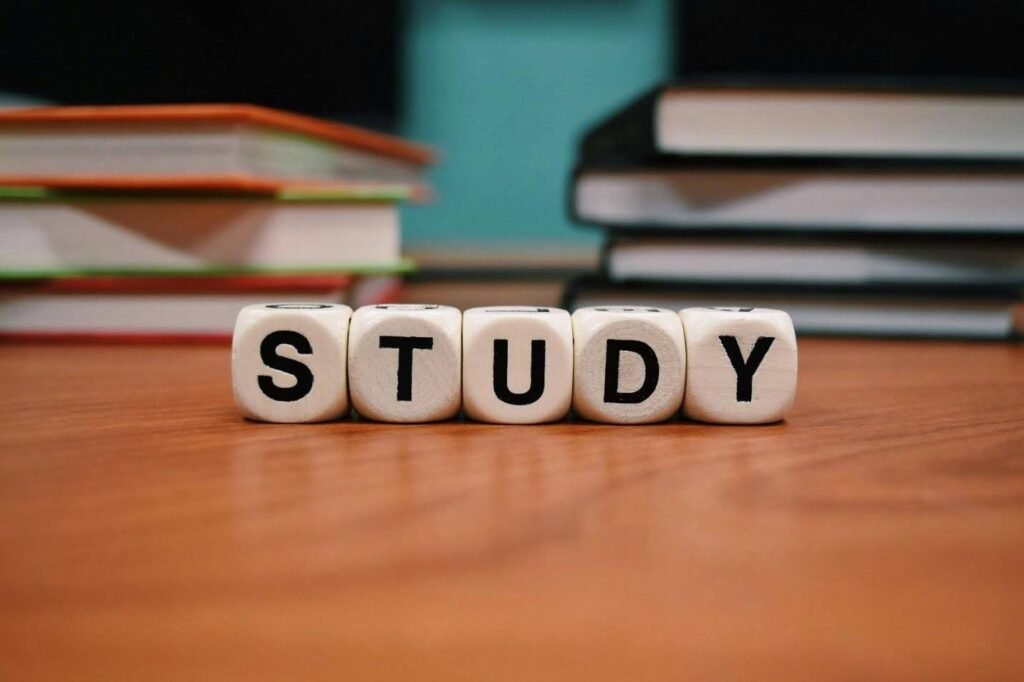
Absolutely. The debate shouldn’t always be about choosing one over the other. The most powerful combination is education backed by financial resources.
For instance:
– An educated entrepreneur can turn a small investment into a successful company.
– A financially secure student can access the best institutions and mentors.
Moreover, financial literacy, a form of education, is critical for wealth management. Even lottery winners or wealthy heirs can go broke without it, as reported by CNBC.
Global Perspectives

In Developing Countries:
Education is often seen as the only way out of poverty. According to World Bank, every year of schooling can raise an individual’s earnings by up to 10%.
In Wealthy Nations:
Money might seem more accessible, but mental health and purpose-driven careers are rising concerns. Many millennials and Gen Z professionals are choosing meaning over money, as noted in Forbes.
This shift suggests a growing recognition of the qualitative value of education—learning that leads to fulfillment, not just a paycheck.
Conclusion: The True Wealth

So, is education better than money?
Education is the foundation. It gives you the ability to create, manage, and multiply wealth. Money without knowledge can be wasted. But with education, you can always find a way to recover financially, adapt, and grow.
In today’s knowledge economy, the most successful people — from Bill Gates to Oprah Winfrey — credit their growth not to wealth alone, but to continuous learning and curiosity.
In the end, the smartest investment is in yourself.
Suggested Reads:
– The Future of Jobs – World Economic Forum
